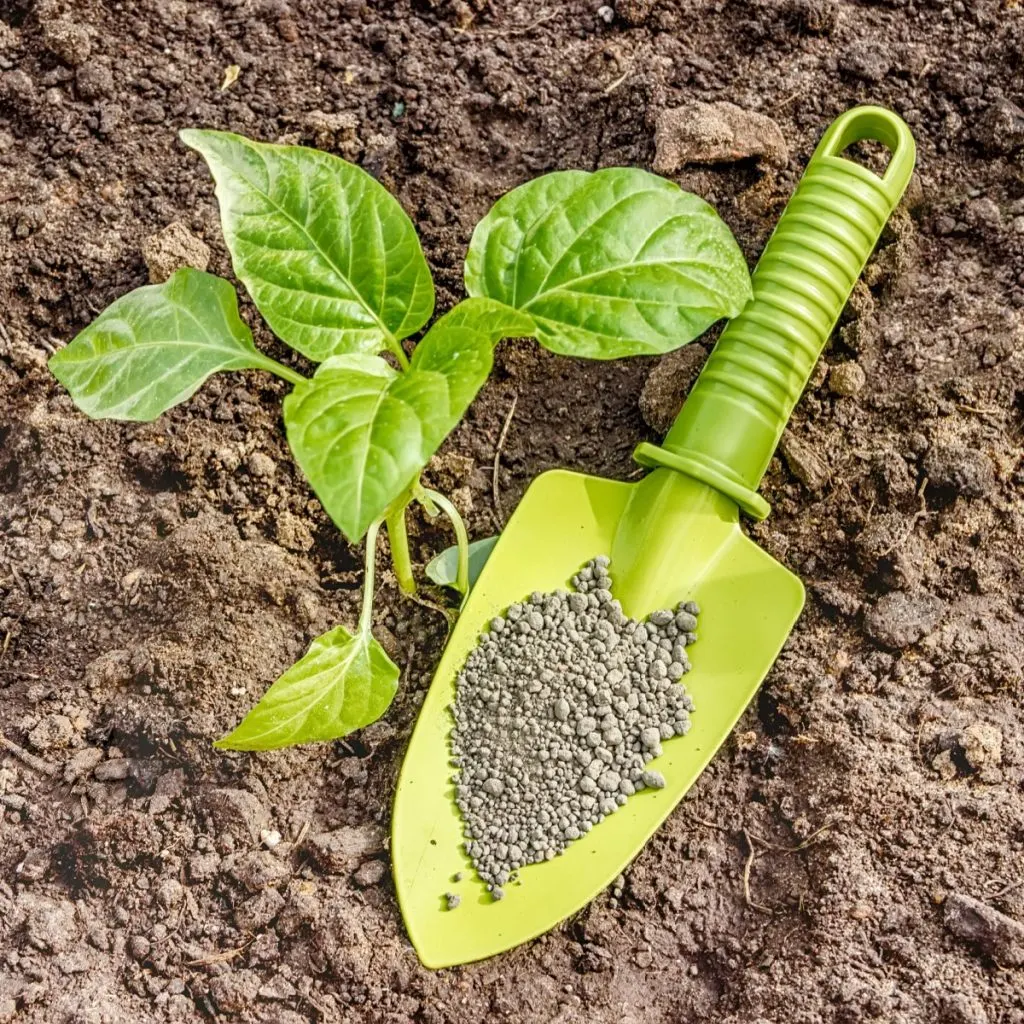Premier Fertilizers for Peppers: Enhance Your Harvest High Quality
Premier Fertilizers for Peppers: Enhance Your Harvest High Quality
Blog Article
Organic Vs. Synthetic Fertilizers: Which Is Best for Nurturing Healthy And Balanced Pepper Plants?
In the world of nurturing healthy pepper plants, the selection in between organic and synthetic plant foods stands as an essential choice with significant ramifications. While both choices purpose to offer important nutrients to sustain plant development, the nuances of their influence on the soil, plant wellness, and the atmosphere spark an argument that echoes throughout the horticulture neighborhood. Understanding the unique advantages and prospective pitfalls of each fertilizer kind is essential for pepper cultivators looking for to maximize their yields while maintaining an eco-conscious and lasting technique.
Advantages of Organic Fertilizers
Organic fertilizers supply a lasting and environmentally-friendly approach to nourishing pepper plants, supplying necessary nutrients without making use of synthetic chemicals. These natural fertilizers are originated from organic resources such as compost, manure, bone dish, and algae, promoting soil wellness and biodiversity. Unlike artificial plant foods, natural alternatives release nutrients slowly, ensuring a balanced and stable supply for pepper plants to grow.
One considerable benefit of organic plant foods is their capacity to boost dirt framework and water retention. By boosting soil health and wellness, natural plant foods promote useful microbial task, which assists in nutrient uptake by pepper plants. Additionally, natural fertilizers minimize the risk of chemical run-off, protecting water sources from contamination and protecting the atmosphere.
Furthermore, organic plant foods add to lasting dirt fertility by promoting the growth of useful soil microorganisms. These organisms assist break down raw material, launching nutrients in a form that is quickly available to pepper plants. best fertilizers for peppers. By promoting a healthy soil environment, natural fertilizers support sustainable pepper cultivation techniques that benefit both plants and the atmosphere
Disadvantages of Synthetic Fertilizers
Artificial fertilizers, in comparison to their organic counterparts, position various negative aspects when made use of to nourish pepper plants, influencing both plant wellness and ecological sustainability. One significant drawback of synthetic fertilizers is their propensity to leach nutrients from the soil quickly.
Furthermore, the overuse of artificial plant foods can contribute to water air pollution. Excess fertilizers not absorbed by plants can remove into water bodies, resulting in eutrophication, where algae blooms deplete oxygen levels in the water, harming marine life. Artificial fertilizers are usually obtained from non-renewable sources, such as fossil fuels, contributing to carbon emissions and environmental deterioration throughout their production.
Nutrient Absorption Contrast
Efficient nutrient absorption plays an important duty in the total health and wellness and growth of pepper plants. When contrasting artificial and natural plant foods in regards to nutrient absorption, organic fertilizers have the advantage of giving a much more well balanced and slow-release resource of nutrients (best fertilizers for peppers). Organic plant foods have a peek here have a variety of macro and trace elements that are not only useful for the plants but likewise advertise healthy and balanced dirt microbial task, which assists in nutrient uptake. On the various other hand, artificial plant foods typically give a quick launch of nutrients, which can result in seeping and overflow, causing reduced nutrient absorption prices by the plants.
Moreover, organic plant foods enhance soil framework and water retention capability, enabling pepper plants to accessibility nutrients a lot more successfully. This enhanced dirt quality promotes origin growth, allowing much better nutrient absorption. Synthetic fertilizers, although at first improving plant growth because of their high nutrient concentrations, might hinder long-lasting nutrient absorption by degrading dirt health gradually.
Environmental Effect Considerations

On the other hand, synthetic fertilizers, although usually more promptly readily available and concentrated to plants, can have harmful effects on the atmosphere otherwise applied properly (best fertilizers for peppers). Their manufacturing needs high power inputs, resulting in greenhouse gas emissions like it and contributing to climate modification. The runoff of excess synthetic plant foods can contaminate water resources, leading to eutrophication and harming marine ecosystems.
Finest Fertilizer Practices for Peppers
To accomplish this, it is vital to follow ideal fertilizer practices tailored to the details demands of pepper plants. One vital practice is to execute a dirt test before applying any type of plant foods.
An additional essential practice is to feed pepper plants at the correct time. Typically, peppers benefit from getting plant food at planting and after that once more when they start to flower. Over-fertilizing can cause vitamins and mineral discrepancies and harm the plants, so it is essential to follow recommended application prices.
Furthermore, choosing a balanced plant food with an NPK ratio that suits pepper plants' requirements is fundamental. Ultimately, incorporating artificial and natural fertilizers sensibly can help nurture healthy and balanced pepper plants while minimizing environmental effect.
Conclusion

Organic plant foods offer a lasting and environmentally-friendly technique to nourishing pepper plants, providing necessary nutrients without the usage of artificial chemicals. Unlike synthetic plant foods, natural choices release nutrients gradually, guaranteeing a balanced and stable supply for pepper plants to prosper.
Synthetic fertilizers, in comparison to their organic equivalents, posture different disadvantages when made use of to nourish pepper plants, influencing both plant health click here for info and wellness and ecological sustainability. When comparing natural and synthetic fertilizers in terms of nutrient absorption, organic fertilizers have the advantage of giving a much more well balanced and slow-release source of nutrients.Furthermore, organic fertilizers enhance soil framework and water retention capacity, enabling pepper plants to access nutrients extra efficiently.
Report this page